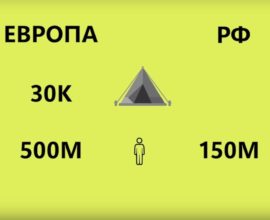Interview with Ludwig Guru
Not Silicon startup that wants to democratise the English language
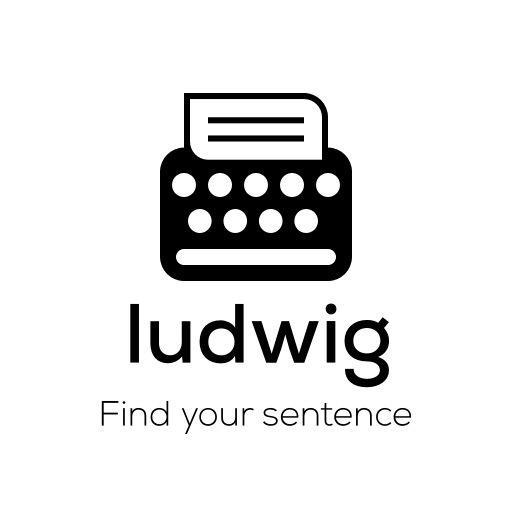
Ludwig promo-codes for EnglishMag subscribers
Ludwig is the tool that helps you write better English and understand if your sentences make sense. How many times do you have doubts when writing an English sentence? Ludwig will let you know if you are writing it in the best way and will show you examples taken from the most reliable sources.
Writing in English is a huge problem for more than a billion people around the world, and that number will keep growing. A great team from Sicily started up Ludwig because they think that if English is supposed to be the universal language, then it should belong to everybody and not only to those born in English speaking countries. “It is about giving everybody in the world the same opportunity to communicate.” – explains CEO, Antonio Rotolo. Ludwig team was happy and honored to take part in our EnglishMag project and we are really grateful to them!
Why people need Ludwig
Antonio, Federico and Roberta each have long experience in studying and working in English, and precisely because of this, they came up with Ludwig. “If you have to write a formal email to a professor, or if you have to submit an application for a project of the European Fund, or something of this sort, you need to be perfect in your writing. If you are a non-native speaker, it doesn’t matter how well read you are- you’ll always have some doubts.”
Ludwig started to solve this specific point because, Antonio shares, “existing tools like Google Translate, Word Reference, and others are very useful, but they are either unreliable or do not help me put words and expressions into context.”
How it all started: from university archaeology to archaeology of words
The idea for Ludwig developed out of Antonio’s rather unusual journey into research. He started studying law, but soon realised it was not for him and switched to archaeology. He shares that upon hearing this news, his mother screamed, “Archaeo- what? That is not even a job!” Yet, despite maternal doubts, Antonio kept to his path. He went on to study at the University of Granada, then at MIT, and finally went to Germany to pursue his academic career.
Antonio says that archaeology is, in a way, highly relevant to the idea of Ludwig. “Archaeology is the study of society through material culture, and it has a very global approach to problems. I studied a little bit of everything, from historical sciences, linguistics, and geography to physics, chemistry, and botany.” Antonio argues that this variety of competencies made him, “A great specialist in nothing, who could, therefore, experiment in basically everything.” He found out that his skills could be applied not only to the past, but also to the present. The numerous perspectives he studied the human being from helped him look at communication from different points of view, leading him to focus on how to democratise the English language.
Dear EnglishMag subscribers! If you want to have free access for one month, just send us a message to mail@englishmag.ru and we will send you a Ludwig Guru promo code!
NOTE: You have to be the subscriber of the magazine (International 3USD one-time payment)
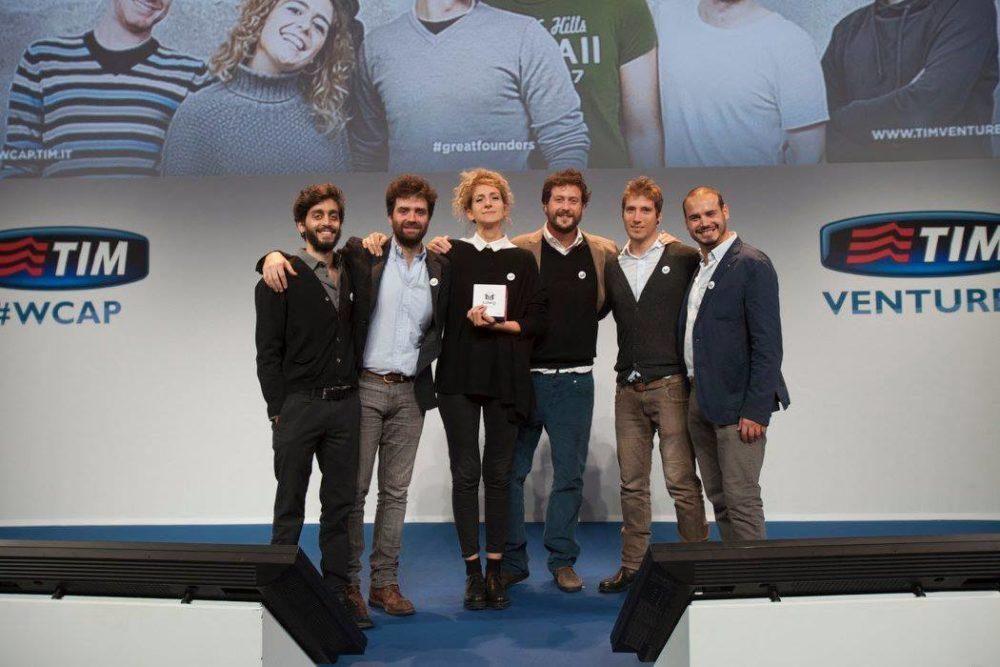
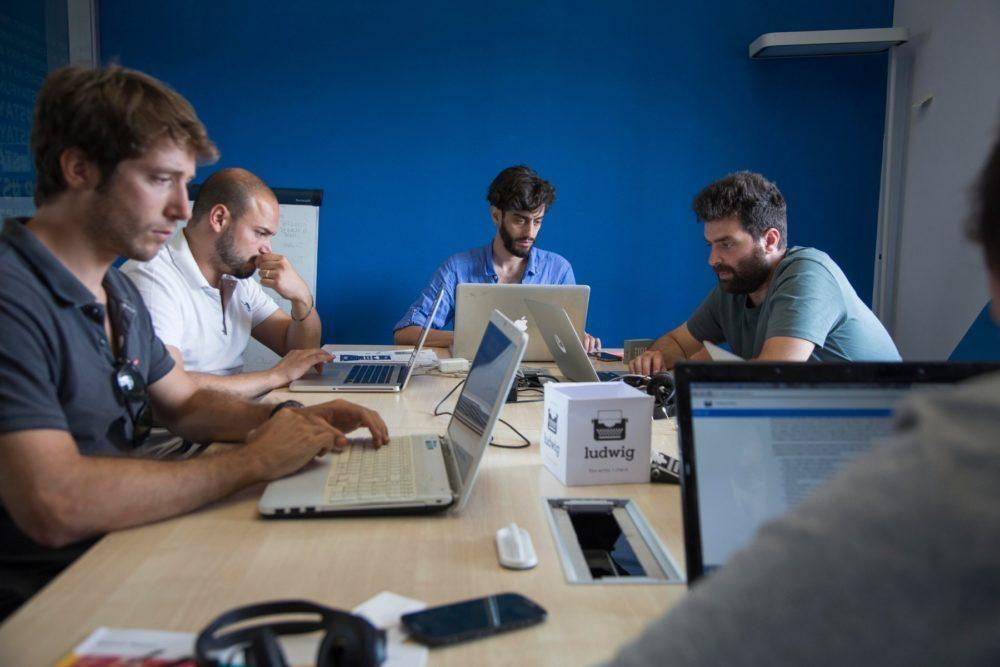
Interview with Ludwig CEO, Antonio Rotolo
– Why have you and your team decided to make this corpus-based service?
Writing in good English is a daily pain for millions. One huge problem with English writing is that we confuse formal (i.e. orthographic) correctness text and good writing. It often happens that a formally correct sentence doesn’t make any sense in the real world. With Ludwig, we help people write better, which means both grammatically correct and with meaning. We do this by letting our users compare their best guess of a sentence with reliable examples coming from good sources of English from which one can take inspiration. Imitation is one of the brain’s most used methods to acquire knowledge, why don’t we leverage our ability to learn by imitation when it comes to writing?
Ludwig helps the user during the creative process and in learning by doing. Ludwig’s approach is far from academic, it doesn’t focus only on grammar and never gives a univocal answer. Ludwig simply puts the user in the condition to critically understand the answer to a writing doubt.
– How much time did it take to analyze all the media sources? Can you send the list of a the media services you use?
I’d say three of years, but it’s a never ending task. We are constantly growing our sources of language and expressions. The sources we mainly make reference to are: The New York Times, The New Yorker, The Economist, The Guardian, The BBC, Forbes (to name a few). Those are the backbone of Ludwig, then we also have sources in different linguistic domains to cover as many linguistic niches as possible. For example, we make reference to the Stanford Encyclopedia of Philosophy and hundreds of scientific journals from 200 different scientific fields.
– Can you share the statistics on Top5 countries that are using Ludwig.guru? And in August 2016 you had 10,000 page views a day and 75,000 users on a daily basis from 168 countries. I think you have much more clicks nowadays!
Our top 5 countries are US, India, UK, Canada, China. So far in 2019 we had 7.5M, and we had 16M since launch.
– The free subscription has some limitations – no more than 10 searches per day, even with login credentials… can you suggest to change to 20-30 searches per day for registered users?
Free users have 3 free searches per day, registered users 8 searches per day. We experiment with numbers, so that they are not set in stone and actually change quite frequently.
Giving 20-30 free queries per day would be unbearable from a business point of view. We are so used to get free stuff on the web that we often forget that when we are not paying for a product, then we are THE product (or better said our data is the product being sold to others). At Ludwig, we are very sensitive to this topic and decided that we would be transparent and fair with our users’ data. Our policy is simple: we don’t make money on our users’ data. Unfortunately we still have to pay the bills and put bread on the table. The best option we came up with, was to ask users to pay for the service. Some liked it, other didn’t. We have a weird relation with web services: if you have a beer and are charged $5 you won’t probably blink, but if you are asked to pay the same amount for a tool that makes you more productive, you’ll probably freak out. We think we have a reasonable price.
Also, we wanted to be completely free to grow Ludwig in the direction we wanted, not in the direction an investor might have wanted. For this reason, we decided not to raise money from venture capitalists and to bootstrap Ludwig with what we had (plus a 25k€ grant and from Telecom Italia and a small loan from the Italian Government). I’m not saying we are against VCs nor that we won’t raise money in the future. It wasn’t the moment for us and we wanted to challenge this narrative. Unfortunately, all comes at a price: differently from startups from Silicon Valley who are replete with cash, we have to be sustainable with our cash flow. It’s a different way of starting and running a company but is the way we did it.
I think a lot of people got this and appreciated it a lot, in fact there are users who bought subscription from us for the sake of supporting us. Being a tiny (we are a team of 6) and independent startup fighting against big companies is like being sort of David in a world of Goliaths. We receive a lot of empathy from people and hundreds of warm messages (and it means a lot to us).
– When are you planning to launch Ludwig app on Android and iOS?
We are a small team and we have to be very careful on what we develop first. Nowadays a lot written content is produced directly on the browser (e.g. Gmail, Google Docs, WordPress, etc.). We decided that a Chrome Extension was more urgent than a mobile app and we are about to launch the Chrome Extension in a few weeks. Nevertheless, we hope we’ll be able to launch the mobile apps before the end of 2019.
– What are the main goals of Ludwig Guru? I think one of the main goals is to make people more intelligent, isn’t it?
Unfortunately, we can’t make people more intelligent, but we try to offer them all the pieces they need to make an informed decision autonomously.
I dream of disrupting the monopoly of English people over their own language. If English is de facto the language of the world, then it should belong to everybody. All humans should be able to communicate on the same level and have the same opportunities. We are making the English language more democratic, we are helping people write and achieve their goals in life. I take pride in telling you that Ludwig is used by a journalist in Myanmar to report about the conflicts in his country, by thousands of researchers from hundreds of universities in the world to write down their findings, by a Franciscan fray that is on a mission in Kenya.
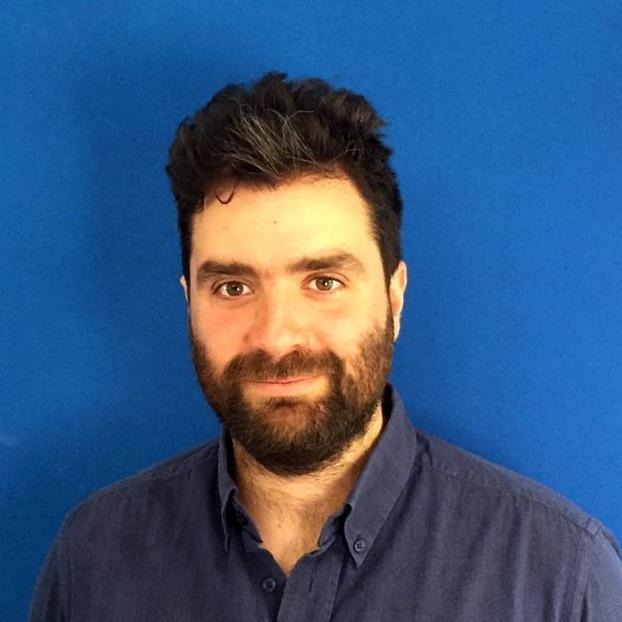
Dear EnglishMag subscribers! If you want to have free access for one month, just send us a message to mail@englishmag.ru and we will send you a Ludwig Guru promo code!
NOTE: You have to be the subscriber of the magazine (International 3USD one-time payment)
find out more how to use Ludwig guru with the example by Polina Kordik – https://vk.com/wall-80289923_9825



